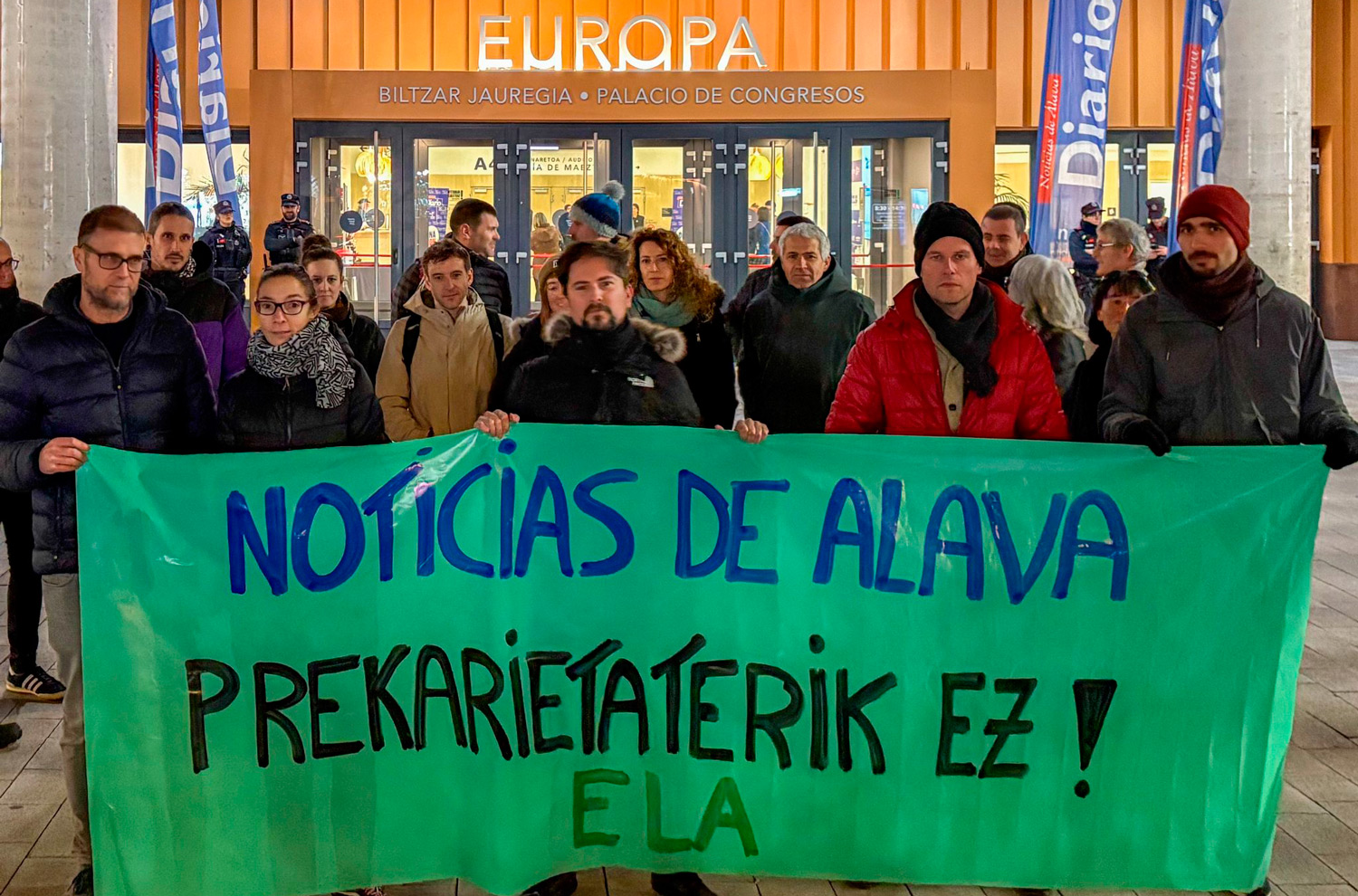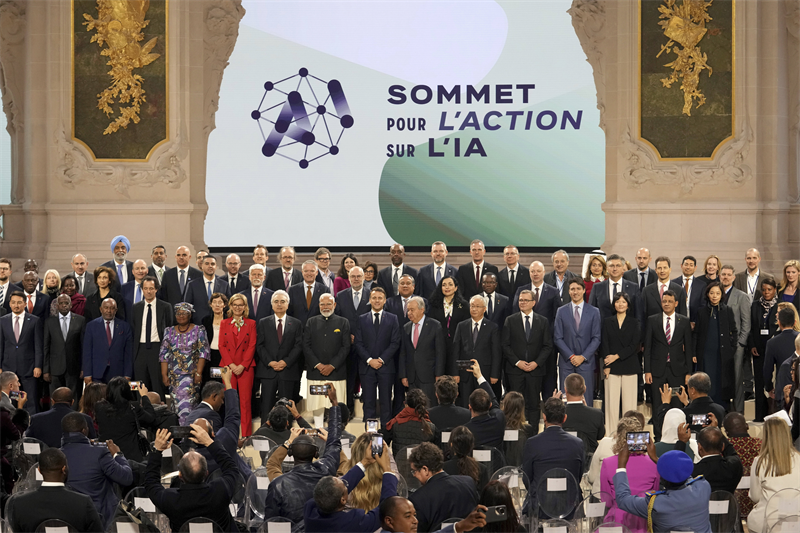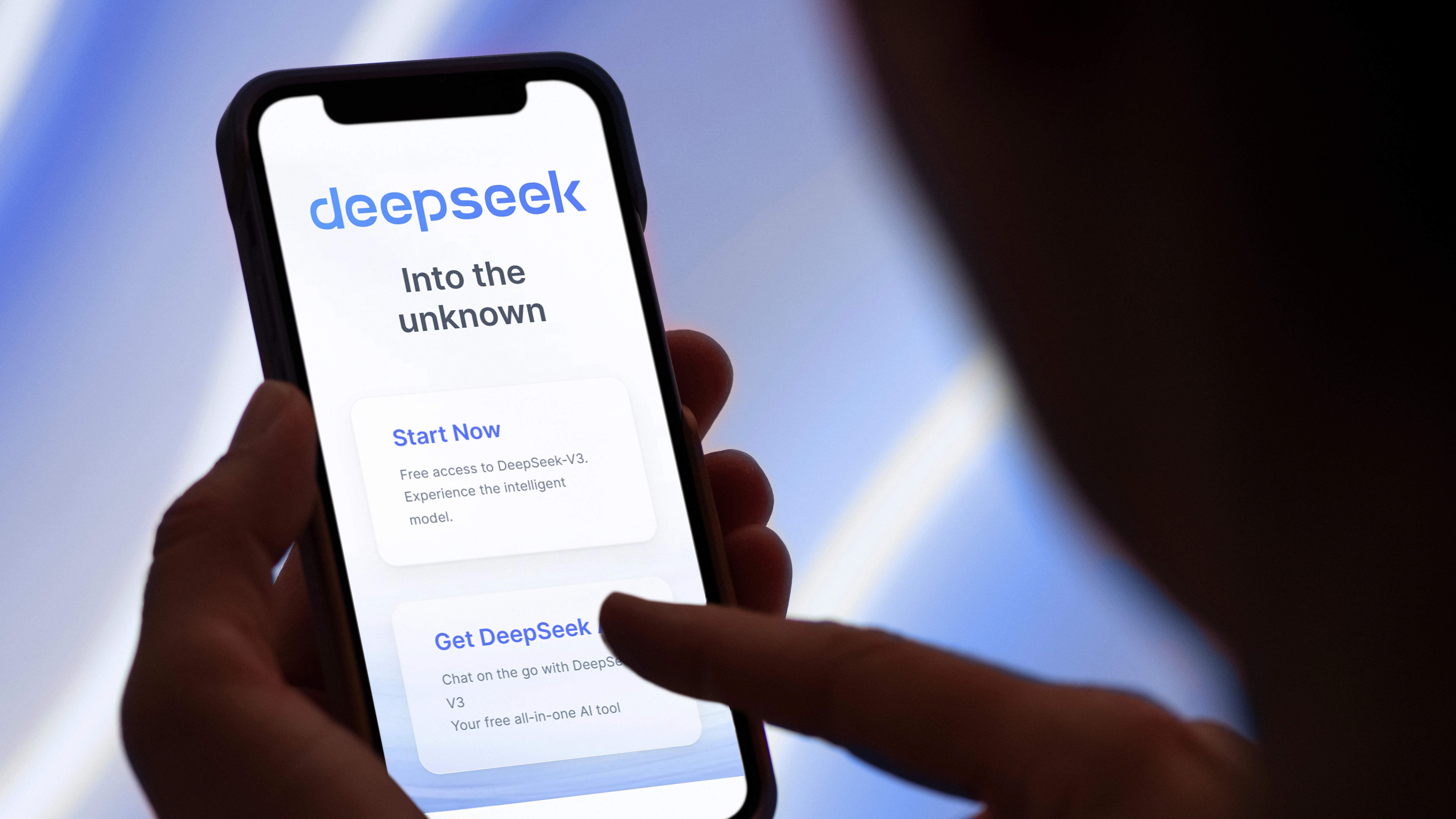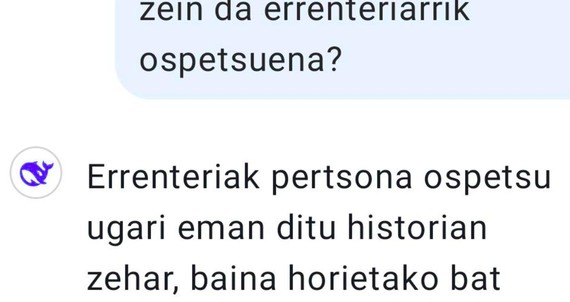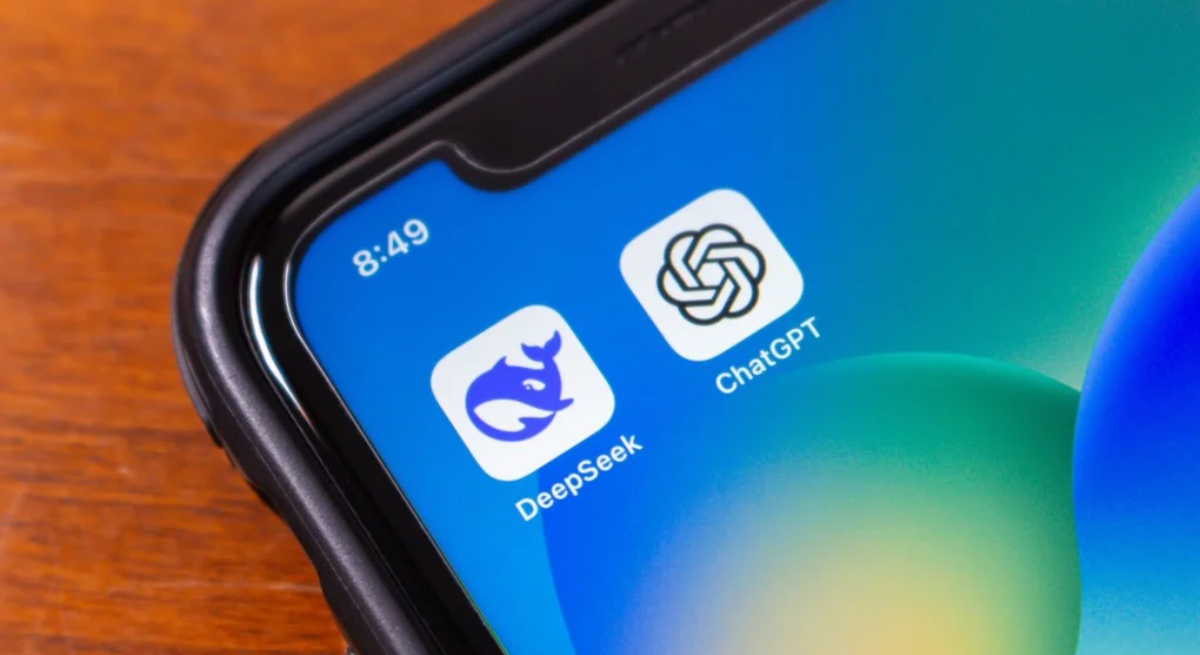"We must be careful when giving the data, but without making it paranoid."
- Artificial intelligence (AI) is the field of informatics that aims to create systems that can perform tasks such as learning, reasoning or perception that require human intelligence. The Pamplona professor and researcher Mikel Galar, expert and expert in this, has given us a message of hope: artificial intelligence, if it is so intelligent, will be able to play perfectly even in minority languages.

Mikel Galar Idoate. Pamplona, 1986
He's a computer engineer and a doctor at UPNA. He is a professor in the field of Computer Science and Artificial Intelligence in the Department of Statistics, Informatics and Mathematics at UPNA. Researcher at the Smart Cities Institute (ISC), director of the Tracasa Chair of Computer Science and Artificial Intelligence, co-founder of Neuraptic AI and member of the research team that is developing the Emotional Films project. He has worked on 56 research projects, has written more than a hundred publications, is a collaborator of Euskalerria Irratia and in 2020 he received the award for excellence of teachers at the UPNA. Cambridge University Press has written in November the book Large-Scale Data Analytics with Python and Spark with the researcher of the University of Granada, Isaac Triguero Velázquez.
You have been a professor at the UPNA since 2011. What exactly is your job?
I'm a professor of artificial intelligence and computing. I teach in Bachelor and Master in Computer Engineering. The other side of work is research. I work mainly in the area of Artificial Intelligence and Machine Learning.
He recently published a book published by the University of Cambridge in collaboration with another researcher. What does it look like?
It's about big data. It tries to explain how we can do it when we have a lot of data to process it effectively. To understand this, we would say that we normally work with a computer and that we have no problem managing the information we use, but imagine how much data Google has to process web pages, for example. A computer is not able to store all that information, so what you do in these cases is use a lot of computers at the same time to distribute that data, but keeping it together to be able to process the information together. In the book we explain how to perform Python programming with Spark language and tool. This is a book of studies aimed especially at students who finish the degree or pursue the master's degree.
And what is the Neuraptic IA company you created?
One of the areas of the University is technology transfer. This is the commercialization of the results of the research carried out here. In this way, you get something that benefits society and at the same time you get money for research. A few years ago, two PhD students and three of us started making products for companies using artificial intelligence, and when they finished their studies, we created that spin off, a company that is created at the university to do outside work. The University occupies a small part of the performance and helps companies develop their technology.
The Government of Navarra awarded him the Iníciate Prize in 2020 for this. Is Neurapk IA a leading company?
Yes. When we were creating the company the Government of Navarra awarded us a prize through the CEIN. This allowed us to make a business plan to get everything going.
The truth is that here in Navarra there are not many companies based on artificial intelligence. The Das-nano or Veridas who do face recognition are perhaps the best known, but they only use AA in this case concreto.La most companies are not willing and that is why we need initiatives like ours to help other companies.
"Laws do not limit data for the moment to train systems, but for what they are used for."
The Navarra Artificial Intellegence Research Center has recently been launched. How is it going? It's started to work and it's very positive, but that would have to be pushed from college, and for that, there's
a lack of people. We're very few teachers and researchers in the department of computing and AA, and that's why you have to bring people from outside.
On the other hand, it is very difficult for people to stay in college, because the salaries offered in the business world are twice as high as those in here. With these salaries we cannot compete.
Today, they don't lack work when computer students leave. Students are already starting to work in the third year, not in internships but with good contracts. There's a lot of work, not only related to big data, but also as a software developer.
How do you see yourself in the future?
I am pleased here and I intend to continue here in the coming years os.Creo that classes, research and dissemination are also very important.
.jpg)
He's also on Emotional Films. What is it? The
goal is to create a system that allows you to make movies that vary according to the feelings of the viewer. So for example, if you laugh at a scene, the system interprets that you liked and will start from a certain path. Or if you're watching that film in Pamplona, then the protagonists may go out into the street and look at the Plaza del Castillo and be in Madrid, for example at the Puerta del Sol.Utilizamos all the information of the viewer we have to create a personalized film, at the moment and in real time.
The project ended last year. Technology is ready, and now the company is looking for funding to make a full movie. We have some demonstrators to prove that. We created the cyberaddicts Walt Disney and Carl Sagan. You can talk to them about their area of knowledge and they will use your emotions to respond in one way or another. We have another storyteller. You can ask for a story of what you want, like the story of a girl, who happens in Pamplona and in which dinosaurs appear, who invents it through the AA, giving images in real time at the moment.
A is a very important step forward. Is fire, writing and a similar advance to the Internet?
That is said, yes. How far did we get? We will see. The biggest change has come with Chat GPT. Because those who do not use it are already lagging behind. It allows you to do things faster. But it is true that it also has limitations. We have a very high expectation and it will surely now cool a little bit, because we will see that we still can't do so many things suddenly. However, some works are already beginning to change.
What will be the main developments in the coming years?
We're all waiting to see what big companies do, Google, and especially Open AI that created Chat GPT. They say GPT 5 will come out this year. Now there is GPT 4 and we all use GPT 3.5 for free. Google is also in competition and a couple of months ago presented to Google Géminis the mobile use system AA and voice, but has not yet reached the level of GPT 4. Chat GPT was a great innovation. People knew nothing and suddenly this tool appeared, now incremental advances are being made, but in principio.yo I think it will be difficult to see another big leap in a short time.
Will oral communication with machines be the next big challenge?
That already exists. Technology is ready to do some things, but they haven't yet assembled the necessary puzzle to make it all that. You install GPT on your phone, for example, and you can talk. He transforms it into text and responds as text.
Windows 11 includes Windows Co-pilot and Office co-pilot. You can request that with the information you have in a Word text you make a Power Point with images. It may not be perfect, but before you do that work, you just have to make corrections.
These systems will be seen in our daily work, and that will be the biggest change. But we have to be clear that people are always needed to see that machines are doing things right. If you ask the GPT, for example, information about Pedro Sánchez twice, it may give you different dates of birth. We have to question everything, that is the biggest problem with these systems today.
"If you ask for the image of a MacDonald's worker, it will give you the image of an immigrant person. The engineer will be white and male. These stereotypes are in the world and are reproduced and increased by OA"
Why is this happening?
It can be hard to understand. These systems do not memorize all the information available on the Internet. That would be like Google. These systems collect all the information and place behind a few other words, taking into account the odds of them appearing. So it will always give you a consistent piece of data, but it's not guaranteed to be right. The more data and information you have at hand, the more accurate it will be, however, there are still frequent answers that make sense but are not ciertas.Por that we must learn to be very critical with these tools.
Like automatic translators, should we always be vigilant?
Of course. You always need a person controlling everything. Translators have improved a lot and usually do not believe something that no longer exists. Maybe the payment you get is a literal translation and it won't be very good in terms of language, but it doesn't invent anything new. On the contrary, with these other systems, if you ask the GPT to return something, but it may happen that something enters the center on your own. To translate things, in principle, it is better to use automatic translators.
.jpg)
Will we see amazing things in the world of film and audiovisual?
Yes, and some actors have already started selling their image rights in films to use AA adapted images. Some actors will be forever. It won't be the same, but the face and the voice will be the same.
This technology can be used simultaneously to perform deep-faes. We can make a video of any politician saying anything, and that's very dangerous. And in animation, you can also do amazing things.
Can we "resurrect" the dead in our daily lives?
You hear that. If you get a diary of your grandmother, lots of information written by her, photos, videos... By combining these things and a image-making system with a language system like GPT, you can create a character with its form and chat with it. Technology is ready for it, but ethics is another thing. What data you can use, who should give your consent... Chat GPT is trained to receive all the information on the Internet, but perhaps not everything is ethically usable. They use it regardless of whether they have permission or not. It is not yet very clear how it will be managed and it is a very sensitive issue.
Are there limits at present?
It is the European Union that is imposing the most rules at the moment, and the AA law will soon come out. They've set limits: for example, you can't use AA to control people, to know when they've come to work and what they've done there, or for all facial knowledge. So far, laws don't limit data to train systems, but what they're used for.
"You have to make for GPT Chat language just as an interface, that is, that, speaking in any language, he uses all his ability to work and then results in the language you choose"
What to see, learn. Are algorithms macho and racist?
Yes. These trends are called biases or barriers. AA and GPT learn from the data available on the Internet and the Internet is mostly white. Systems like Stable Difussion or Dall-E are used to convert text into image and if you ask them to create an image of a nurse, in 95% of cases a white girl will make you. If you ask for the image of a MacDonald's worker, it will give you the image of a migrant person. The engineer will be white and male. These stereotypes are in the world and are reproduced and increased by AA. You have to investigate how you can avoid eso.En ethical issues you also see how the Open AI has its own regulations, but it is also a very dangerous issue.
How is the Basque in this open sea? Is it falling behind?
Like all other minority languages, it has its own problems. If you talk to Chat GPT in Basque it will do something, but it will adapt much better in English or Spanish because it has seen more information when it comes to training. Nor does it work as well as in English. However, it is best that systems like GPT Chat have already started to establish connections between languages. The brain of the system thinks without taking language into account. You just have to make the language for GPT Chat as an interface. That is, to speak in any of the languages, that he uses all his ability to work and then results in the language you choose.
Google Translate and these translation systems already use this system. For example: if you want to bring a text from the Basque Country to the Swahili, there are certainly not many texts written in those two languages, but the system has learned to bring the information to a neutral place, to put it in some way, and then to any language. If this is done with translators, why not with those other technologies? The hope is that this problem exists with many languages and Chat GPT and Google are interested in all other languages being used.
The Gaitezen project is underway to train AA for voice collection in Basque. Is giving a lot of data not dangerous? You have to read the
small print, as in everything, but it is true that sometimes we are very afraid and then it is not so much. Most of us have cell phones and we give a lot of information to Google. We do not want to provide data, but at the same time we take advantage of the services offered by this data. Today, our data, images and voices are in many places. You have to be careful when you give the data, but you don't make it paranoid.
Silicon Valley-ko oligarkia AEBetako gobernura iritsi berritan lehertu da adimen artifizialaren (AA) burbuila. Txip aurreratuen erraldoia den Nvidia-k urtarrilaren amaieran izandako %16,8ko balio galera, egun bakar batean inoiz izan den burtsa balio galerarik handiena da... [+]
Geroz eta ekoizpen gehiagok baliatzen dituzte teknologia berriak, izan plano orokor eta jendetsuak figurante bidez egitea aurrezteko, izan efektu bereziak are azkarrago egiteko. Azken urtean, dena den, Euskal Herriko zine-aretoak gehien bete dituztenetako bi pelikulek adimen... [+]
Diario de Noticias de Álava (DNA) egunkariko langileak sinadura greban daude, eta aspaldi ari dira beren lan baldintza “miserableak” eta horiek kazetaritzaren kalitatean duen eragina salatzen. 2013tik soldatak izoztuta dituzte, eta ordutik erosahalmenaren %30... [+]
“I will overturn, overturn, overturn, it[...]”
Ezekiel 21:27 – King James Version
“Above all algorithms, below all algorithms”
Xabier Landabidea
I’m uncomfortable, uncomfortable with the almost religious attitude our society has taken towards technology, and... [+]
Zer jakin behar dut? Norekin erlazionatu behar dut? Non bizi behar dut? Ardura horiekin gabiltza gizakiok gure gizarteen baitan bizitza on baten ideia bizitzeko bidean. Ondo erantzuten ez badakigu, bazterretan geratuko garen beldurrez.
Joan den astean, kanpoan geratzearen... [+]
Many years ago, Dr. I knew the abuse chatbot, and I also realized the speed at which people can engage with these machines. Being social animals, the relationship is natural and necessary, and as the name 'relationship' says, it always leads to a response from the other. Receiving... [+]













